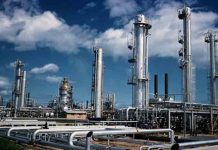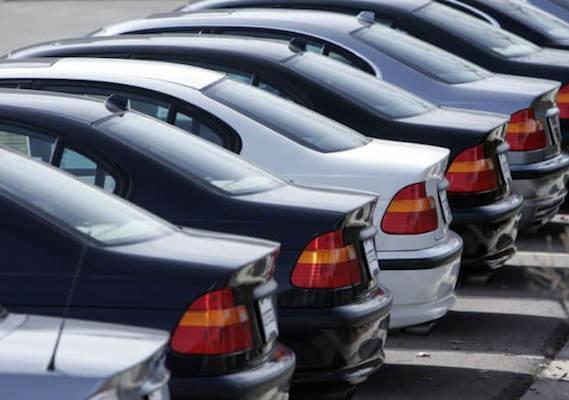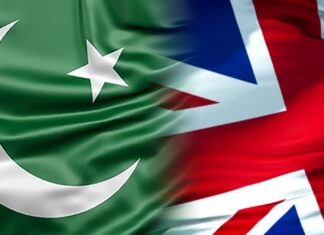The federal government has reversed its decision to increase the sales tax on hybrid cars with engine power up to 1800cc, maintaining the current 12.5% rate despite an earlier proposal in the finance bill to raise the general sales tax (GST).
According to media reports, this change in policy is expected to result in a revenue loss of around Rs7 billion.
This is the second time in a year that the government has backtracked on a proposed tax hike for hybrid vehicles, despite having initially planned to increase it.
“The 12.5% sales tax on hybrid cars will remain,” said the FBR chairman. He said that although the tax hike had been announced in the budget speech, it would not be increased. He clarified that the sales tax rate on hybrid cars cannot be increased before June 2026, as per the current auto policy.
However, the government is moving forward with plans to raise the sales tax on small cars up to 850cc, which are typically purchased by middle-income buyers. The proposed increase would see the sales tax rate for these vehicles rise from 12.5% to 18%.
Chairman FBR defended the decision, stating that consumers of cars priced around Rs3 million could afford the higher tax rate.
The proposed tax hike on smaller vehicles has drawn criticism, with some arguing that it could make these cars more expensive while making luxury SUVs more affordable. PTI MNA Usama Mela voiced concerns, stating that “small cars will become more expensive while luxury SUVs get cheaper.”
In a related development, Pak Suzuki Motor Company has cautioned the government that the proposed increase in GST could result in a significant decline in sales for the auto industry, impacting both original equipment manufacturers (OEMs) and vendors.
In a meeting with Special Assistant to Prime Minister on Industries Haroon Akhtar Khan, Pak Suzuki Managing Director Hiroshi Kawamura said the 18% GST would adversely affect employment across the automotive value chain, noting that economic growth had been sustainable with a 12% sales tax.
He also warned that the higher sales tax would increase vehicle prices, reducing affordability and dampening demand. Kawamura expressed concern that the proposed tax hike would hinder industry growth and put pressure on production.
In response, the PM aide reassured the industry that the government was committed to supporting the auto sector and was aware of the challenges it faced.























